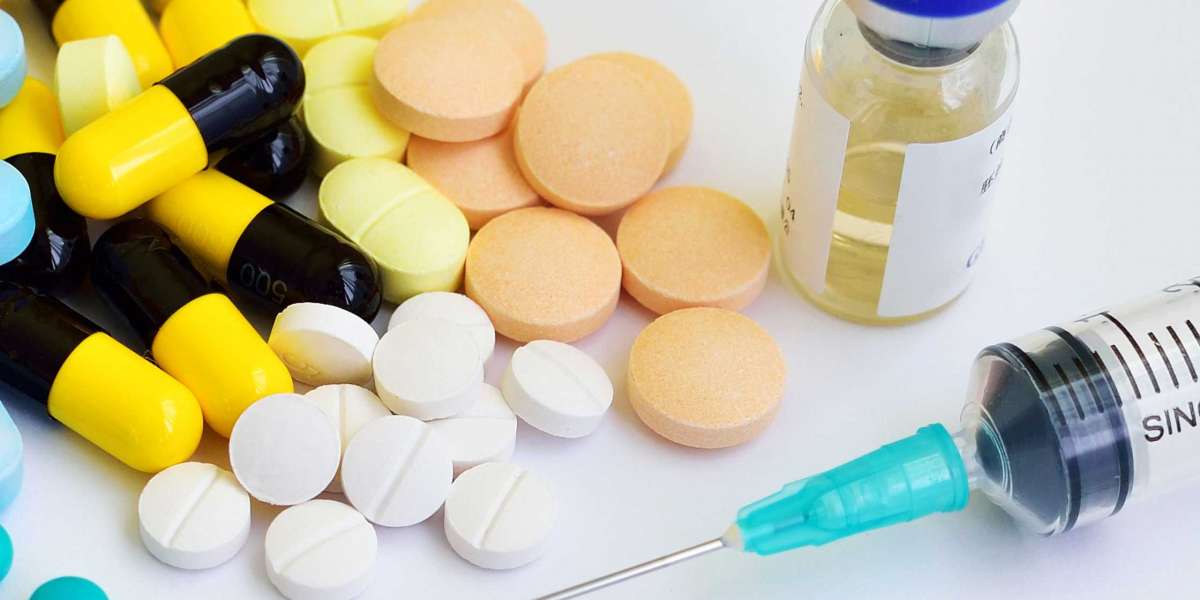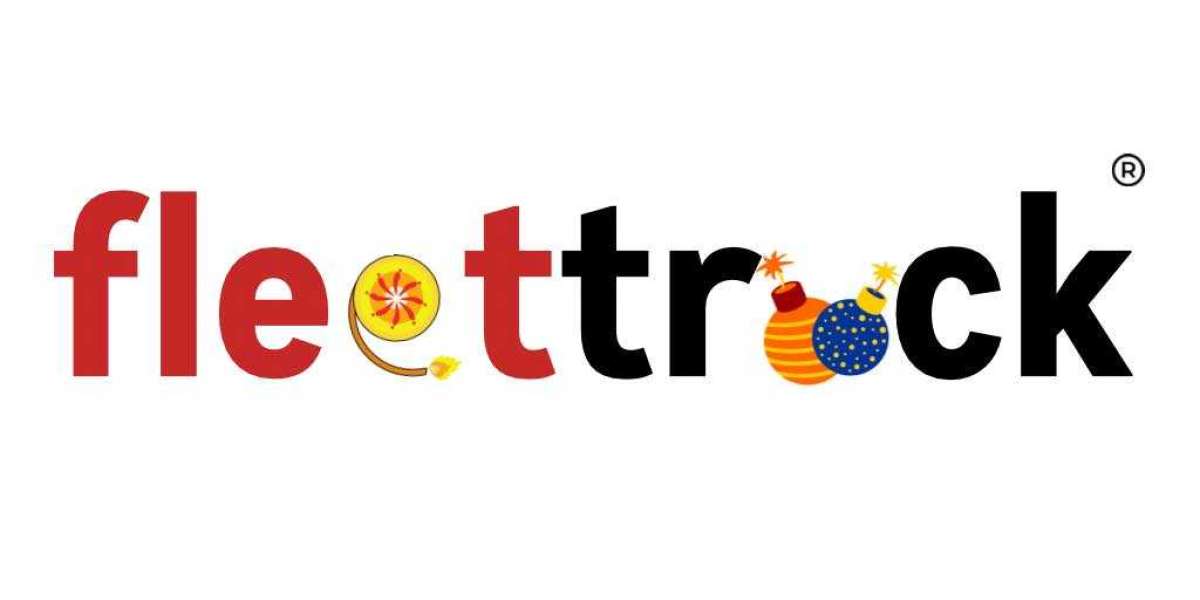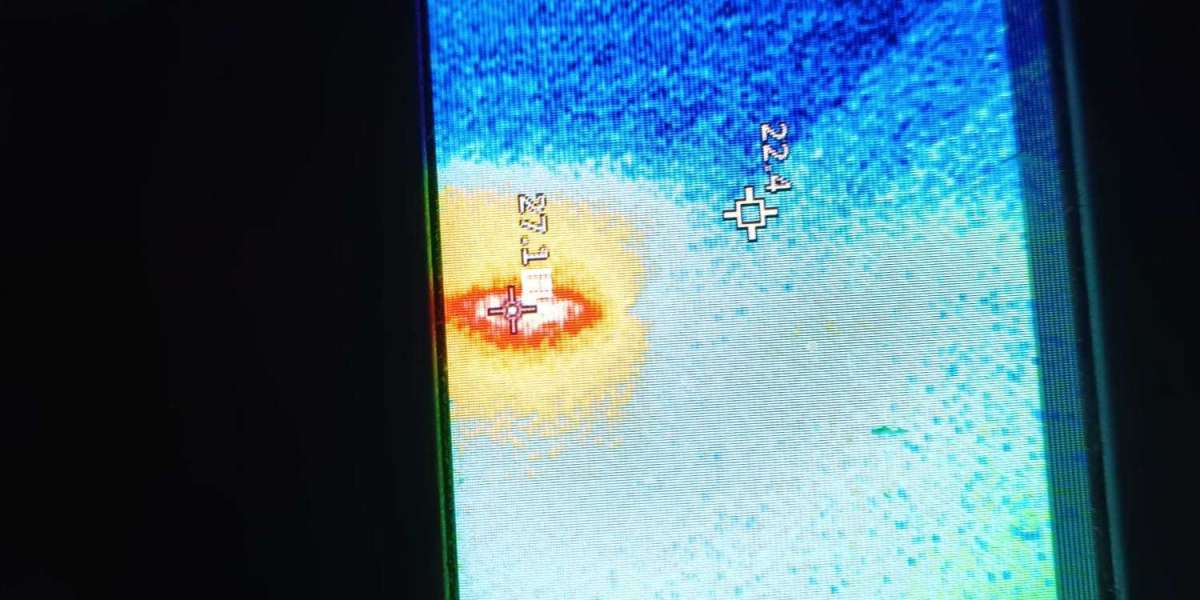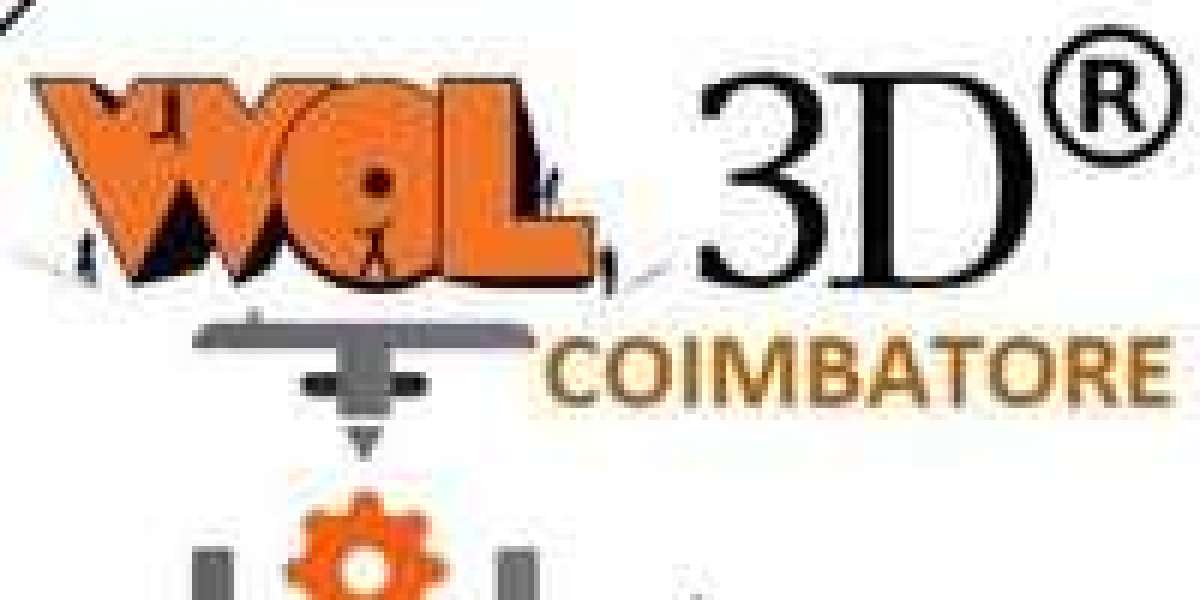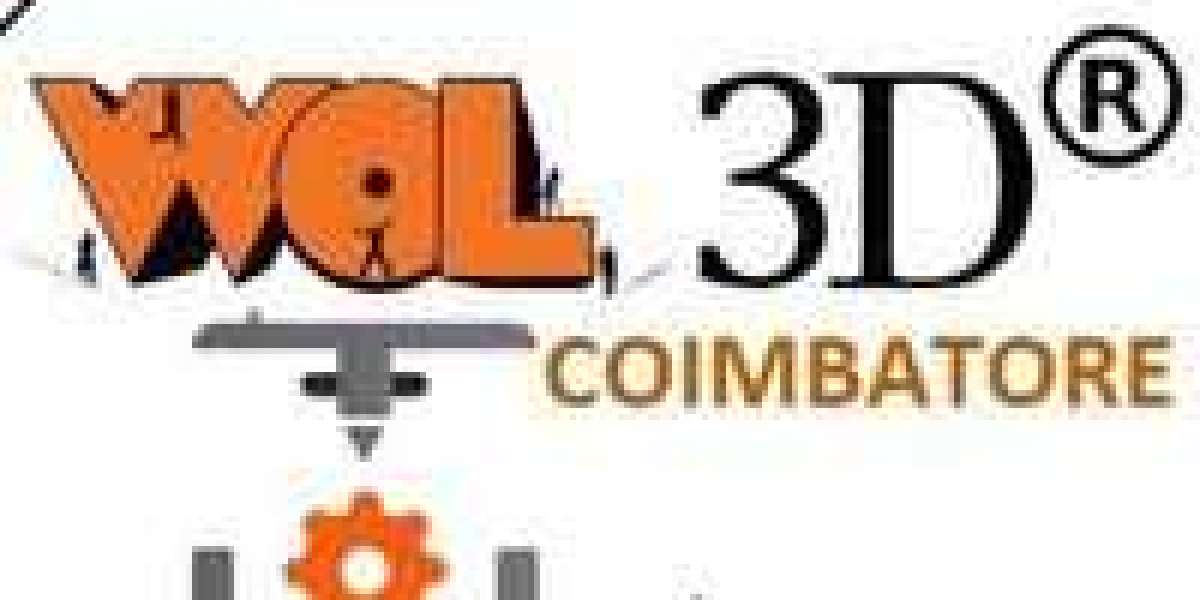The Indian pharmaceutical industry is experiencing a boom, and Ahmedabad stands as a prominent player in this growth. A key contributor to this surge is the emergence of pcd pharma franchise company in Ahmedabad. But what exactly is PCD pharma, and how does it differ from third-party manufacturing?
What is PCD Pharma?
PCD pharma, or Propaganda Cum Distribution, is a business model where a pharmaceutical company grants rights to distribute its products to a franchisee. The franchisee then markets and sells these products under their own brand name, but they are manufactured by the PCD company. This model offers several advantages for both the PCD company and the franchisee.
- Benefits of PCD Pharma for Franchisees
- Low investment: Starting a PCD pharma franchise requires a relatively low investment compared to other pharmaceutical businesses. This makes it an attractive option for entrepreneurs who are just starting out.
- No manufacturing hassle: Franchisees don't need to worry about the complexities of manufacturing medications. They can focus on marketing and selling the products.
- Established brand name: Franchisees benefit from the reputation and brand recognition of the PCD company.
- Wide range of products: PCD companies typically offer a wide range of products, which gives franchisees a diverse portfolio to sell.
Benefits of PCD Pharma for PCD Companies
- Wider market reach: By franchising their products, PCD companies can expand their reach to new markets without having to invest in their own sales and distribution network.
- Increased sales: Franchisees are motivated to sell the products because they earn a profit on each sale. This can lead to increased sales for the PCD company.
- Reduced marketing costs: PCD companies don't need to spend as much on marketing since their franchisees are responsible for promoting the products in their local markets.
Third-Party Manufacturing vs. PCD Pharma
Third-party manufacturing is another option for pharmaceutical companies to outsource the production of their medications. However, there are some key differences between third-party manufacturing and PCD pharma.
- Third-party manufacturing is a contract manufacturing arrangement where a company outsources the production of its medications to another company. The third-party manufacturer produces the medications according to the specifications of the contracting company. The contracting company then brands and sells the medications under its own name.
- PCD pharma is a franchise model where a company grants rights to distribute its products to a franchisee. The franchisee then markets and sells these products under their own brand name, but they are manufactured by the PCD company.
Understanding the Business Models
We've established the foundational differences between PCD pharma and third-party manufacturing. Let's delve deeper into the nuances of each model.
PCD Pharma: A Closer Look
- Marketing and Promotional Freedom: PCD pharma franchisees enjoy significant flexibility in marketing and promoting products. They can tailor their strategies to their local market, understanding the pulse of their customers better.
- Profit Margins: While initial investments are low, profit margins can be attractive for PCD pharma franchisees. However, the success largely depends on the franchisee's marketing prowess and ability to build a strong customer base.
- Risk Mitigation: PCD pharma offers a relatively low-risk entry point into the pharmaceutical industry. The franchisee doesn't bear the burden of manufacturing, research, or product development.
Third-Party Manufacturing: A Detailed Analysis
- Cost Efficiency: Third-party manufacturing can often be more cost-effective for pharmaceutical companies, especially for those with high production volumes. By outsourcing, they can focus on core competencies like research and development.
- Quality Control: Ensuring consistent product quality is paramount. Pharmaceutical companies must meticulously select third-party manufacturers with stringent quality control measures in place.
- Dependency: Relying on a third-party manufacturer can pose risks. Supply chain disruptions, quality issues, or contract disputes can impact the company's operations.
Factors to Consider When Choosing a Model
The decision between PCD pharma and third-party manufacturing depends on various factors:
- Financial Resources: PCD pharma typically requires lower initial investments, making it suitable for entrepreneurs with limited capital.
- Market Reach: If rapid market expansion is a priority, PCD pharma can be advantageous due to its franchise model.
- Product Portfolio: A diverse product range might favor PCD pharma, while companies with a few core products might lean towards third-party manufacturing.
- Control Over Operations: Those seeking full control over production processes will opt for third-party manufacturing with detailed specifications.
- Risk Tolerance: PCD pharma generally carries lower risk, while third-party manufacturing involves more complexities and potential challenges.
Conclusion
PCD pharma and third-party manufacturing are both viable options for pharmaceutical companies looking to outsource some of their operations. The best option for a company will depend on its specific needs and goals. PCD pharma is a good option for companies that want to expand their market reach and sales without having to invest in their own sales and distribution network. Third-party manufacturing is a good option for companies that need to outsource the production of their medications but want to retain control over their brand.
